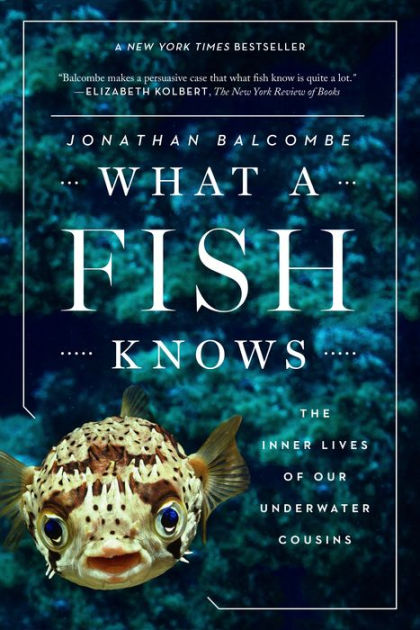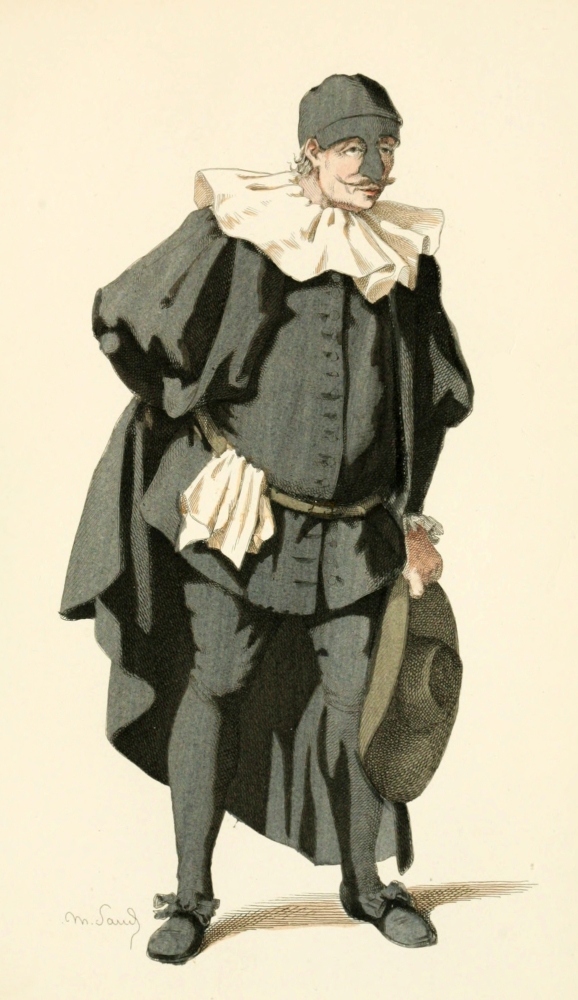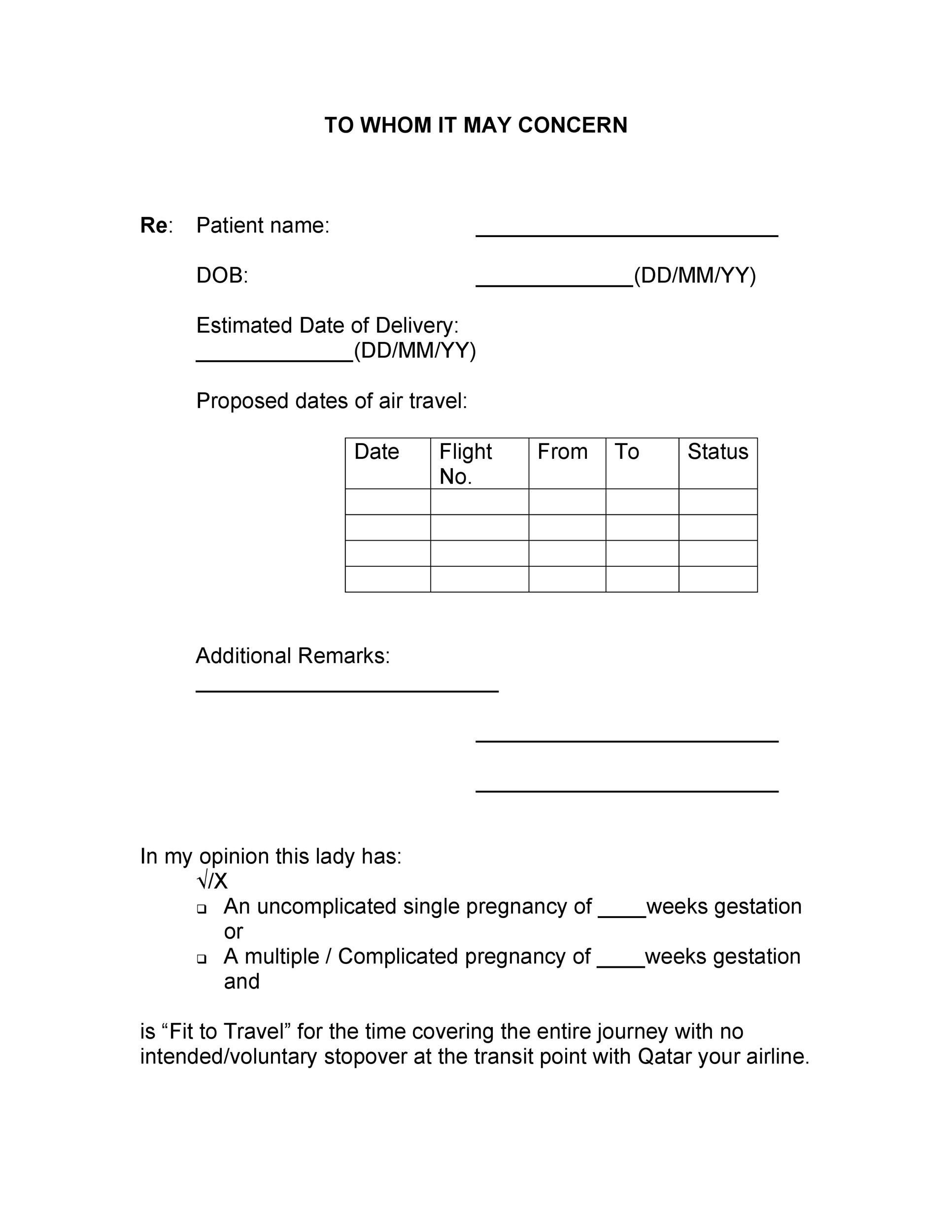An Essay Concerning Human Understanding - CliffsNotes.
A summary of Book II, chapter XXIII: Ideas of Substances in John Locke's Essay Concerning Human Understanding. Learn exactly what happened in this chapter, scene, or section of Essay Concerning Human Understanding and what it means. Perfect for acing essays, tests, and quizzes, as well as for writing lesson plans.An essay concerning human understanding is one of the greatest philosophy works: Locke, folllowing, Descartes, described the new world of spirit and consciousness, thaht make human dignity. According to Locke, the understanding is the sign of human superiority over the animals and is comparable to the eye: it makes us see things, but it does not see itself naturally.An Essay Concerning Human Understanding begins with a short epistle to the reader and a general introduction to the work as a whole.Following this introductory material, the Essay is divided into four parts, which are designated as books.Book I has to do with the subject of innate ideas.This topic was especially important for Locke since the belief in innate ideas was fairly common among the.
Summary and Analysis Book II: Of Ideas, Chapters 1-11 Summary Having developed in Book I his argument concerning the nonexistence of innate ideas, Locke undertakes in Book II to describe in detail the process by means of which ideas come to be present in human minds.An Essay Concerning Human Understanding Summary. John Locke's An Essay Concerning Human Understanding is a major work in the history of philosophy and a founding text in the empiricist approach to philosophical investigation. Although ostensibly an investigation into the nature of knowledge and understanding (epistemology) this work ranges.

John Locke, The Works of John Locke, vol. 2 (An Essay concerning Human Understanding Part 2 and Other Writings) (1689) Also in the Library: Subject Area: Philosophy; Search this title: Author: John Locke; Part of: The Works of John Locke in Nine Volumes Title Page Original Table of Contents or First Page. Edition used: John Locke, The Works of John Locke in Nine Volumes, (London: Rivington.












